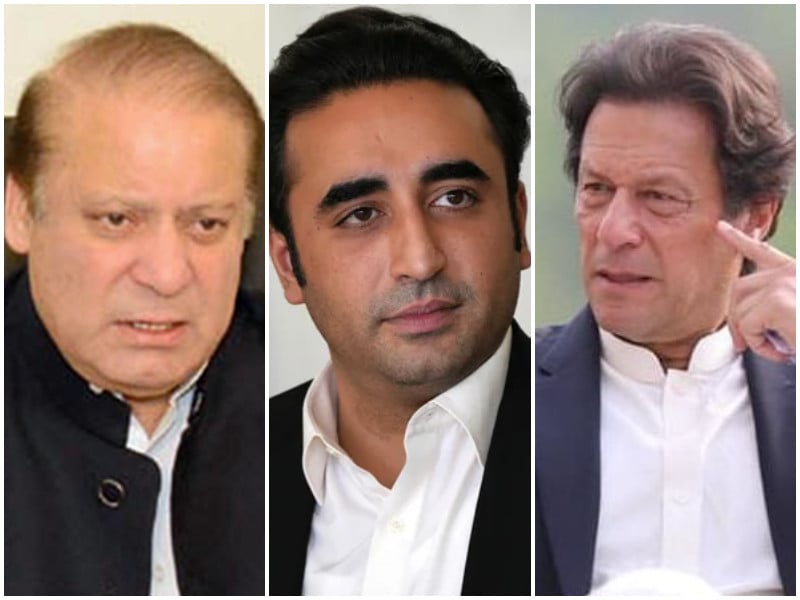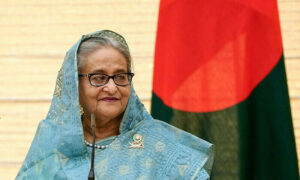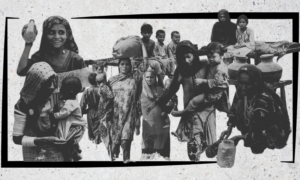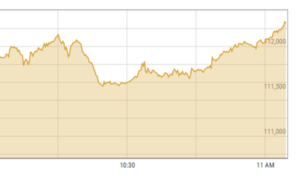ISLAMABAD:
Pakistan’s national election ended with no party winning a majority in parliament, in polls marred by violence, political turmoil and questions of transparency.
Former prime ministers and bitter rivals Nawaz Sharif and Imran Khan both declared victory, adding to the uncertainty as the country faces numerous challenges that need to be addressed quickly, including negotiating a new International Monetary Fund programme to keep a struggling $350 billion economy afloat.
Next, a prime ministerial candidate has to show a simple majority of 169 seats in the National Assembly when the house is called in the coming days.
The Assembly consists of 336 seats of which 266 are decided through direct voting on polling day. There are also 70 reserved seats – 60 for women and 10 for non-Muslims – allotted according to the strength of each party in the house to determine the final position of parties in the Assembly.
Here are three scenarios on what could happen next:
PML-N strikes deal to head a coalition government
Pakistan Muslim League-Nawaz (PML-N), which won 75 seats, strikes a deal with the Pakistan Peoples Party (PPP), which won 53 seats, to pull together a majority in Parliament.
The two, along with other parties including MQM-P and JUI-F, form a coalition government in which Nawaz or his brother Shehbaz Sharif is prime minister and important positions are given to other parties.
Read more: By the numbers: Complete results of Feb 8 elections
The two parties were in government together for 16 months till August, with Bilawal Bhutto-Zardari as foreign minister and Shehbaz as prime minister.
PTI-backed independents sweep to power
PTI-backed independent candidates, who won 93 seats, join a smaller party in parliament in order to form a single bloc to fulfil a requirement for them to be allocated reserved seats. That would push them closer to a majority and allow them to put up a candidate for prime minister.
Also read: Can PTI-loyalists really form government?
They can also strike a deal with other parties to support a consensus candidate, which also means Imran Khan’s supporters are in power, and can push to have their jailed leader released under an agreement. Khan himself is not eligible to become prime minister.
The party will have to push hard for allies to align with Khan’s politics.
Bilawal pushes to head coalition government
While Nawaz and Imran’s candidates won the most seats, no party can form government without the PPP. With both looking to keep the other out of power, the PPP strikes a deal to make Bilawal the prime minister.
He pushed the idea before the polls, saying he would bring a fresh approach to pull Pakistan out of multiple crises which other aged leaders have been unable to do.







